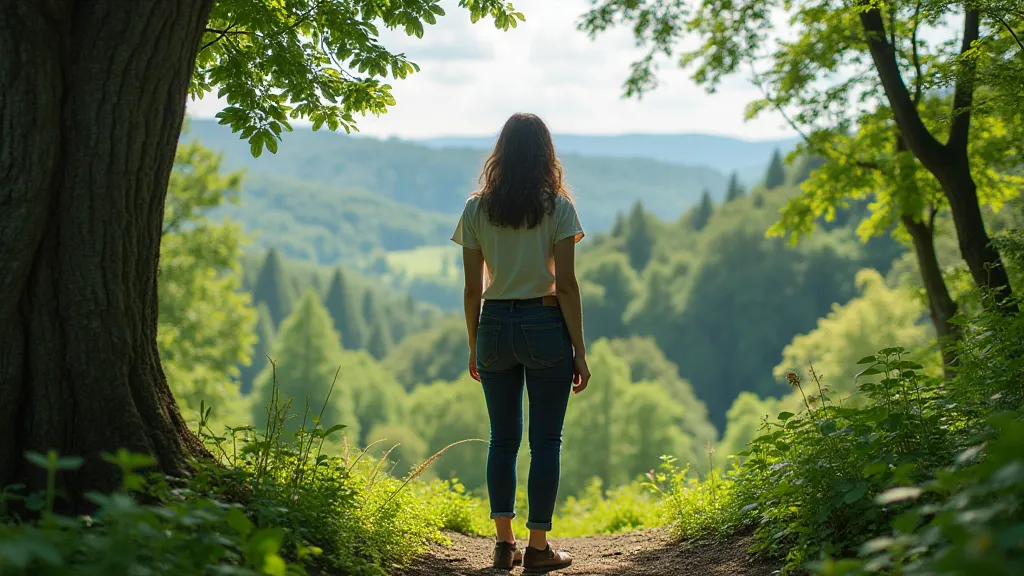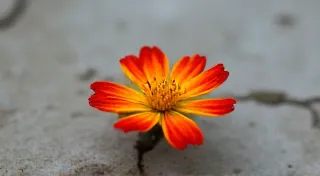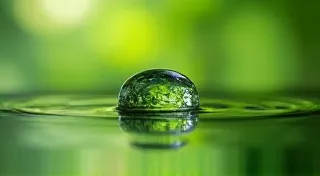Minimalist Living: Declutter Your Life for a More Sustainable Future
The pursuit of sustainability often feels overwhelming. The sheer volume of information about what we *shouldn’t* be doing – buying less, reducing waste, conserving energy – can lead to paralysis. But what if a powerful tool for living more sustainably wasn't about drastic changes, but about a fundamental shift in how we relate to our possessions? Enter minimalist living – a philosophy that aligns remarkably well with a commitment to a healthier planet.
The Intersection of Minimalism and Sustainability
At its core, minimalism is about intentionally living with only the things you need and value. It's a reaction against the "more is better" mentality that drives so much of modern consumer culture. Sustainable living, on the other hand, is about minimizing your environmental impact. The connection is clear: fewer possessions directly translates to less consumption, less waste, and a smaller footprint on the Earth. Many find themselves embarking on their sustainability journey with a beginner's guide to sustainable living, exploring simple swaps for a greener life. This initial foray often unveils the powerful connection between conscious consumption and a reduced environmental impact.
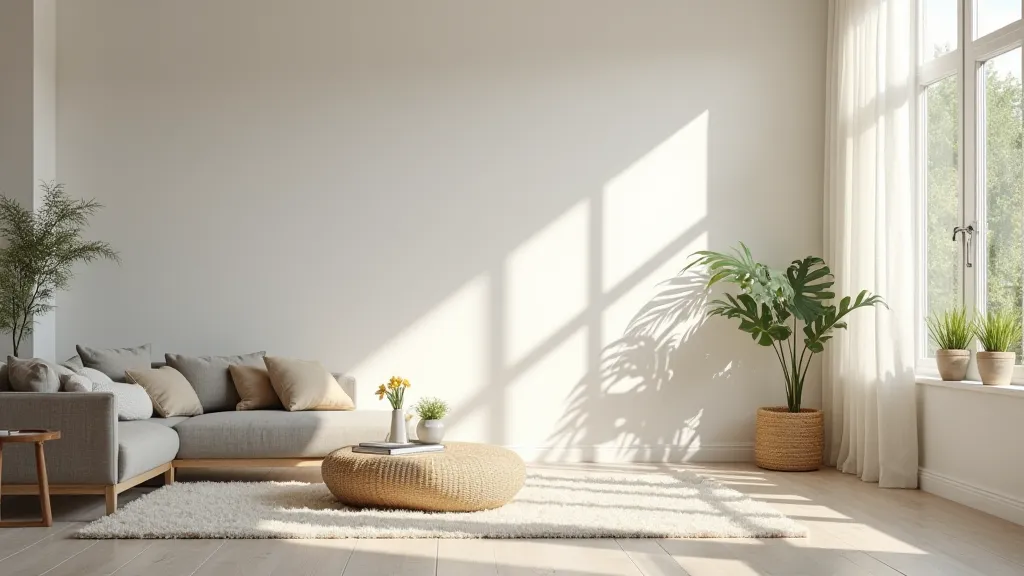
Benefits of Decluttering for a Sustainable Lifestyle
Decluttering isn’t just about tidying up your home; it's a gateway to a more sustainable life. Here’s how:
- Reduced Consumption: When you’re honest about what you truly use and appreciate, you’re less likely to impulsively buy things you don’t need. This directly combats the overconsumption that fuels environmental degradation. It’s a conscious shift away from the pervasive ‘buy more, get more’ mentality, and toward a more thoughtful approach to acquiring possessions.
- Less Waste: The more we own, the more we inevitably throw away. Decluttering forces us to confront our wastefulness and encourages more mindful disposal, repair, and donation practices. The impact extends beyond just reducing landfill waste; it fosters a deeper respect for the resources used to create these items in the first place.
- Financial Savings: Less buying means more saving! Those saved funds can be redirected to sustainable investments, eco-friendly products, or experiences that enrich your life without harming the planet. This financial freedom allows for a reallocation of resources to align with personal values and contribute to a more sustainable future.
- Increased Awareness: The process of decluttering fosters a deeper understanding of our relationship with material possessions. It prompts us to ask: “Do I really need this? Where did it come from? Where will it go when I’m finished with it?” This self-reflection is crucial for dismantling the ingrained consumerist mindset.
- Simplified Life: A decluttered home leads to a decluttered mind. Simplifying your surroundings reduces stress and creates space for what truly matters – connection, experiences, and personal growth. This mental clarity allows for a greater focus on well-being and meaningful pursuits.
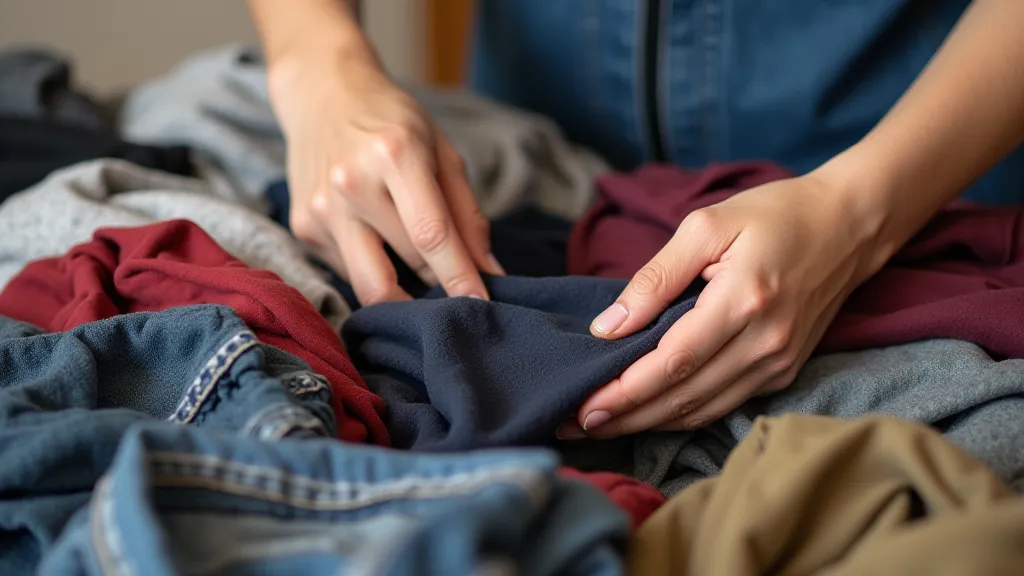
Practical Steps to Embrace Minimalist Living
Getting started with minimalist living doesn't require a complete overhaul overnight. Here are some manageable steps:
- Start Small: Tackle one drawer, shelf, or closet at a time. Breaking down the process into smaller, more manageable chunks makes it less daunting and more achievable.
- The One-In, One-Out Rule: For every new item you bring into your home, get rid of something similar. This simple rule helps maintain a level of equilibrium and prevents clutter from accumulating.
- The 90/90 Rule: If you haven’t used an item in the past 90 days, and can’t imagine using it in the next 90 days, consider letting it go. This helps identify items that are no longer serving a purpose.
- Donate, Sell, or Repurpose: Give your unwanted items a new life instead of sending them to the landfill. This is a vital step in reducing waste and contributing to a circular economy. Consider exploring options like local charities, consignment shops, or online marketplaces.
- Question Your Purchases: Before buying anything new, ask yourself: Do I really need this? Can I borrow it? Can I find it secondhand? This encourages mindful consumption and prevents impulse buys. It’s a shift in perspective – moving from a mindset of acquisition to one of intentionality. Many also turn to resources exploring eco-friendly home products to find sustainable alternatives.
Beyond Possessions: A Mindset Shift
Minimalism isn't just about getting rid of stuff. It's about cultivating a mindful approach to consumption and a deeper appreciation for experiences over material possessions. It’s about understanding that true fulfillment doesn’t come from owning more, but from living a more intentional and meaningful life. It’s a rejection of the relentless cycle of advertising and consumerism, and a conscious choice to prioritize values over possessions. This shift extends to all aspects of our lives, encouraging us to examine our habits, beliefs, and the impact we have on the world around us.
The Echo of Our Choices and Finding Purpose
Our consumer habits leave an indelible mark, a kind of "echo" that reverberates through the environment and society. Understanding this "echo" – considering the origins of products, the labor involved in their production, and their ultimate fate – is a key element in embracing a truly sustainable lifestyle. It's about recognizing that we're not just buying products; we're supporting entire systems. This heightened awareness compels us to question the narratives we’re told about happiness and success. Are we pursuing a manufactured ideal based on fleeting trends and unsustainable practices? Or can we define fulfillment on our own terms, rooted in authenticity, connection, and purpose?
Embracing a Sustainable Future
By embracing minimalist living, we can significantly reduce our environmental impact, simplify our lives, and create a more sustainable future for ourselves and generations to come. It's a journey of intentionality, awareness, and a conscious shift towards a life of purpose and contentment – a life lived in harmony with the planet. This journey isn't about deprivation; it’s about liberation – freeing ourselves from the shackles of consumerism and embracing a more authentic and fulfilling existence. It is about recognizing the interconnectedness of all things and acting with responsibility and compassion. Many find inspiration and practical advice in resources like those exploring the echo of footprints in a consumerist age, reclaiming the narrative surrounding our choices.
